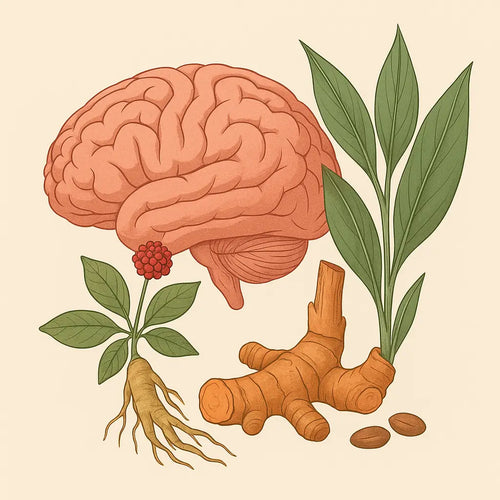No products in the cart.
Stress is a part of daily life and you can't control what other people will do.
You can, however, control how you respond to stressful situations.
In other words, it makes sense to train yourself to be more stress resistant.
How can you do that?
Meditation is a tool which has shown to be effective. More and more research documents the many benefits of meditation.
One of these studies was carried out at a Buddhist monastery in Myanmar (Kasai Y, et al. 2015). It was found that meditation decreased anger, hostility and fatigue and increased vigor at a relatively early stage after starting to practice meditation.
After practicing for more than a year even more benefits can be expected.
You don't have to go to Tibet to meditate however. You can do it right at home.
The key to success is regular practice, not where you practice.
A study, where the participants were nurses, showed that meditation decreased burnout and increased feelings of relaxation and well-being (Hevezi JA, 2015). These nurses did not spend much time meditating and they still realized these benefits.
Hevezi JA1. Evaluation of a Meditation Intervention to Reduce the Effects of Stressors Associated With Compassion Fatigue Among Nurses. J Holist Nurs. 2015 Nov 23. pii: 0898010115615981.
Kasai Y1, Sakakibara T1, Kyaw TA2, Soe ZW2, Han ZM3, Htwe MM3. Psychological effects of meditation at a Buddhist monastery in Myanmar. J Ment Health. 2015 Dec 24:1-4.
Hevezi JA1. Evaluation of a Meditation Intervention to Reduce the Effects of Stressors Associated With Compassion Fatigue Among Nurses. J Holist Nurs. 2015 Nov 23. pii: 0898010115615981.
Kasai Y1, Sakakibara T1, Kyaw TA2, Soe ZW2, Han ZM3, Htwe MM3. Psychological effects of meditation at a Buddhist monastery in Myanmar. J Ment Health. 2015 Dec 24:1-4.
Leave a comment









